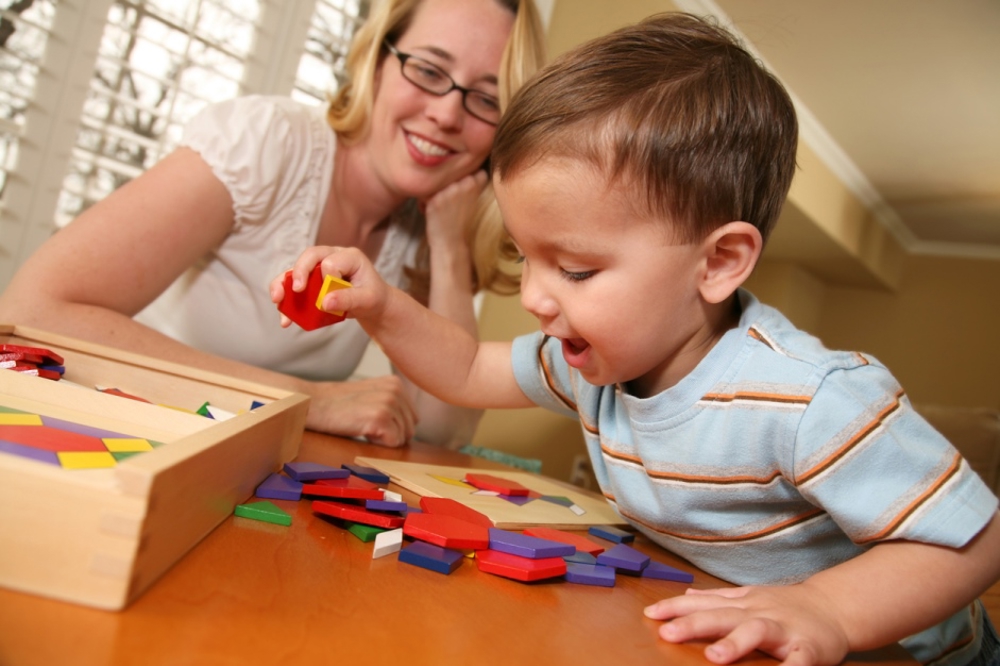Early years foundation stage statutory assessments
Assessments are a vital part of helping parents, carers and practitioners recognise a child's progress, understand their needs, and plan activities and support.
There are two statutory assessment points in the early years foundation stage (EYFS):
- 2 year progress check
- EYFS profile (the assessment at the end of the early years foundation stage)
2 year progress check
When a child is aged between 2 and 3, practitioners must review their progress and provide parents or carers with a short written summary of their child’s development in prime areas. This is called the 2 year progress check. The review needs to identify the child’s strengths and any areas where their progress is less than expected for their age.
You can use our 2 year progress check template to complete a child's review. For more information see the following documents and links:
- 2 year progress check guidance for settings
- 2 year progress check toolkit
- 2 year progress check flowchart
- example of a completed 2 year progress check
- 2 year progress check briefing video
Integrated reviews
You need to arrange an integrated review for 2 year olds when either:
- they're looked after children
- there's concerns about their development or they're below expected development milestones
- they have identified needs or other professional involvement and their needs are not being met
You need to state on the two year progress check template that contact is requested from the 0-19 Public Health Nursing Service. You should then be contacted by them within 10 days. If you need to follow up a request you can contact them on 01226 774411.
Find out more in our practitioner's guide to the integrated review.
Early years foundation stage (EYFS) profile
In the final term of the year in which a child reaches age 5, and no later than 30 June, an early years foundation stage (EYFS) profile must be completed for each child due to start year 1 in the following academic year. This includes children who complete the EYFS in an Ofsted or childminder agency registered setting.
Children must be assessed against each of the early learning goals in section 1 of the EYFS statutory framework.
The EYFS profile gives parents, carers, practitioners and teachers an all-round picture of a child’s knowledge, understanding and abilities. It includes details of their progress against expected levels, their readiness for year 1, and reflects ongoing observation and knowledge of the child. Discussions with parents, carers, and other adults whom the teacher, parent or carer thinks can offer a useful contribution can also be included.
For more information please see the EYFS profile handbook.
Role of local authorities
It's the role of local authorities to ensure EYFS providers understand and follow the requirements in the EYFS profile handbook. These include:
- providing advice on all aspects of assessment at the EYFS
- providing training, including 'agreement trialling' (discussing assessment judgements in a group so that all practitioners understand the national standards and apply them consistently)
- ensuring schools have a secure electronic system to submit EYFS profile data
- ensuring all other EYFS providers have an appropriate means for accurately recording profile results and submitting data to the local authority if requested
- collecting EYFS profile data and submitting it to Department for Education in the required format

For more information
Call 0800 034 5340 or
